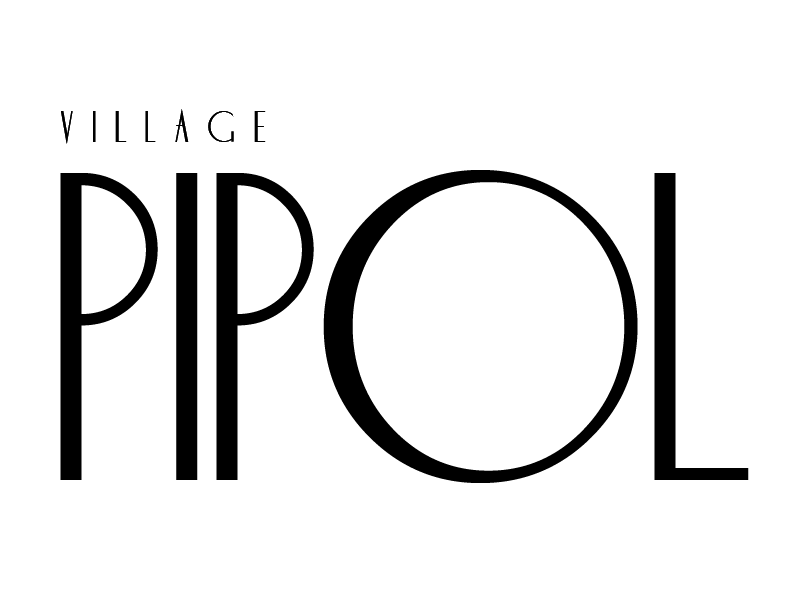How Popular Culture is the Ultimate Oxymoron


I have always wondered about the term Popular Culture and wondered whether its oxymoronic features were accidental or deliberate. Popular is defined as something that is within the realms of the mainstream. Something that the general population engages in adapts, and supports. Culture, however, is harder to define, it is historical, if you’re lucky enough, pre-colonial even. Culture is a practice, a tradition passed from one generation to another. Popular culture are fads, or periodic trends. They are ideologies or practices of the general population in a given period of time.
Popular Culture in the Philippines, are not from the Philippines.
Popular culture in our context is dominated by trends derived from the Korean Wave. From the redefinition of beauty standards through K-beauty, to the immense musical influences brought upon by Korean bands. These bands have started to become well-adapted and applauded not only in Asia but also in the more international landscape. They are one of the few Asian mainstream influences to infiltrate Western popular media.
Furthermore, selective absorption and cultivation of culture can be seen in how the Korean Wave is being maximized to further embed their cultural narrative and ideologies in the globalized world. Especially, through the wide consumption of their historical k-dramas. The same could not be said for the Philippines.
Pop! Culture?
Filipino pride is an illusion and the dominance of Filipino baiting is proof of this. We so desperately want to be noticed in the globalized sense. This desperation is proof of the national insecurity of our own uncertain identities.
No self-respecting country would be so obviously desperate for the lime light that any form of cultural feature (no matter how minor or negative) makes us validated. Of course, an example of this is how a Filipino character was the first carrier of a harmful virus in the movie, “The Flu”.
Popular culture is an irony that has ceased to be funny when other colonized countries have slowly recuperated from their colonial past. All the while the Philippines is still left traumatized. We are continuedly perceived as a minor player in the international world. A factory of factory workers, forever the working class of Asia.
Precious' only desire for the future is to be more human. The world we live in has shackled us in the limitations of practicality that we are taught that to be human is to be weak. She wants to change that narrative and attempt to prove that the best way to progress and equality is by amplifying our humanity. Believe it or not- she absurdly believes that this could be done through writing. On a more formal and boring note she has a journalism degree with plans to pursue legal studies in the future.






